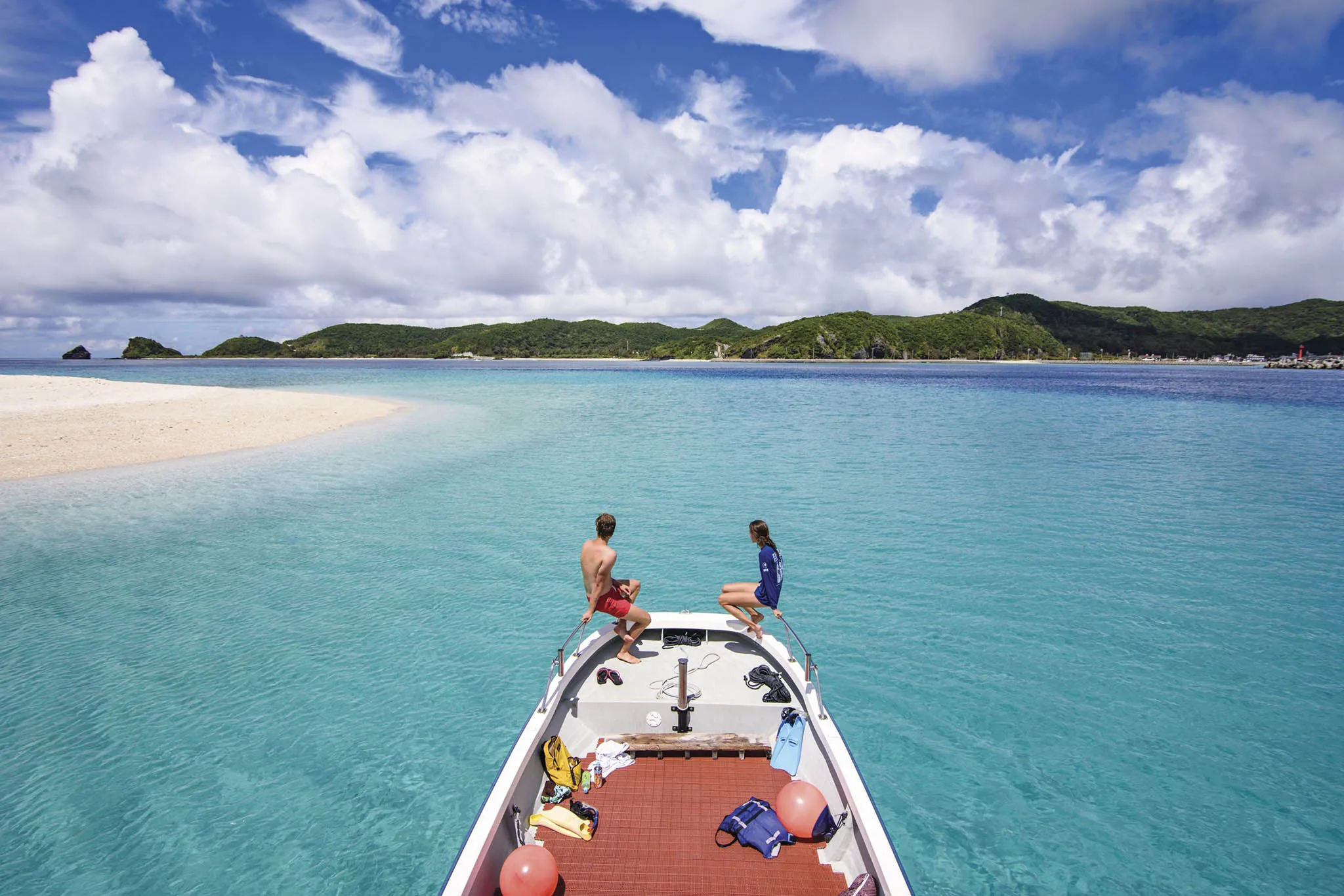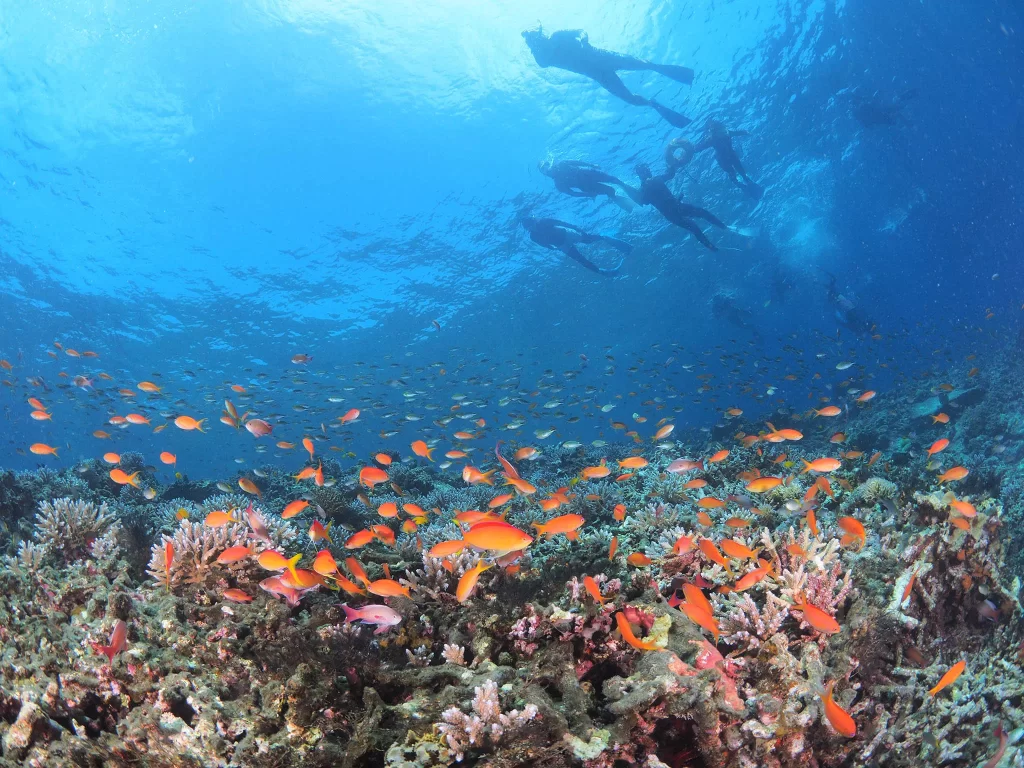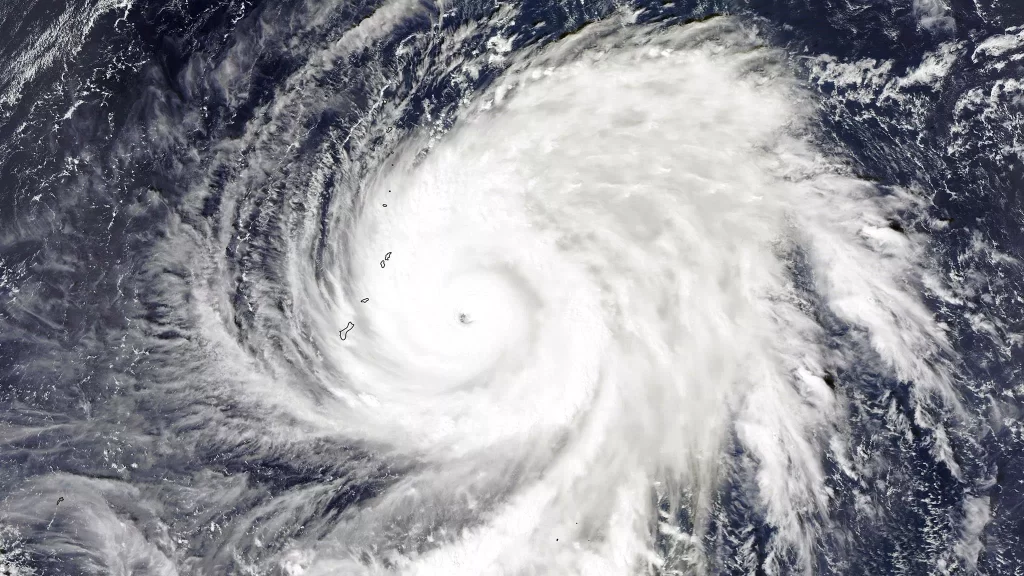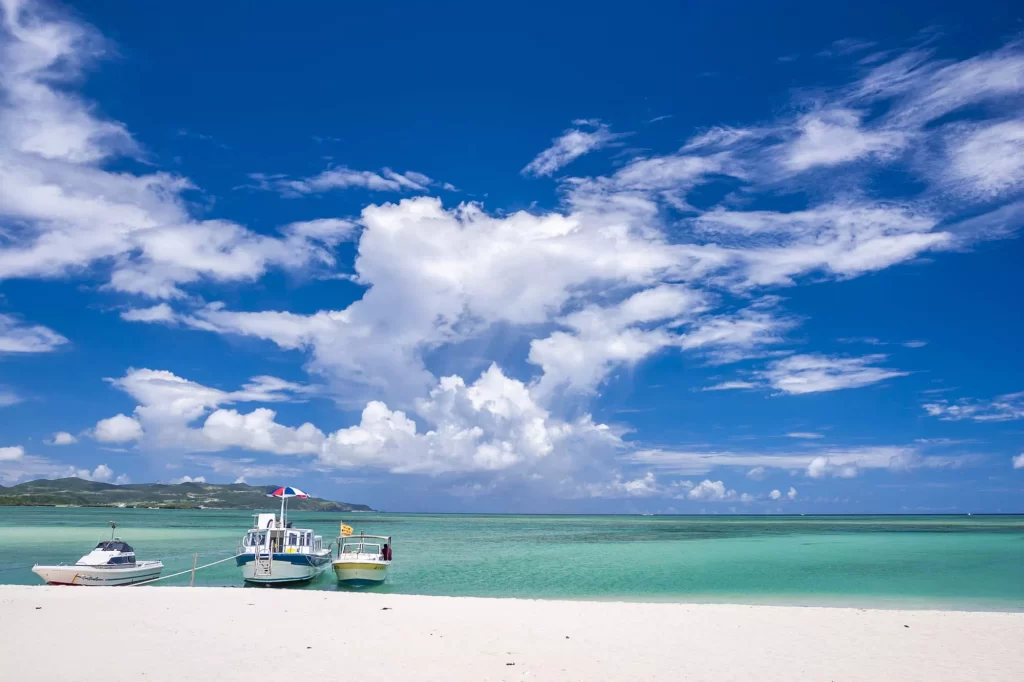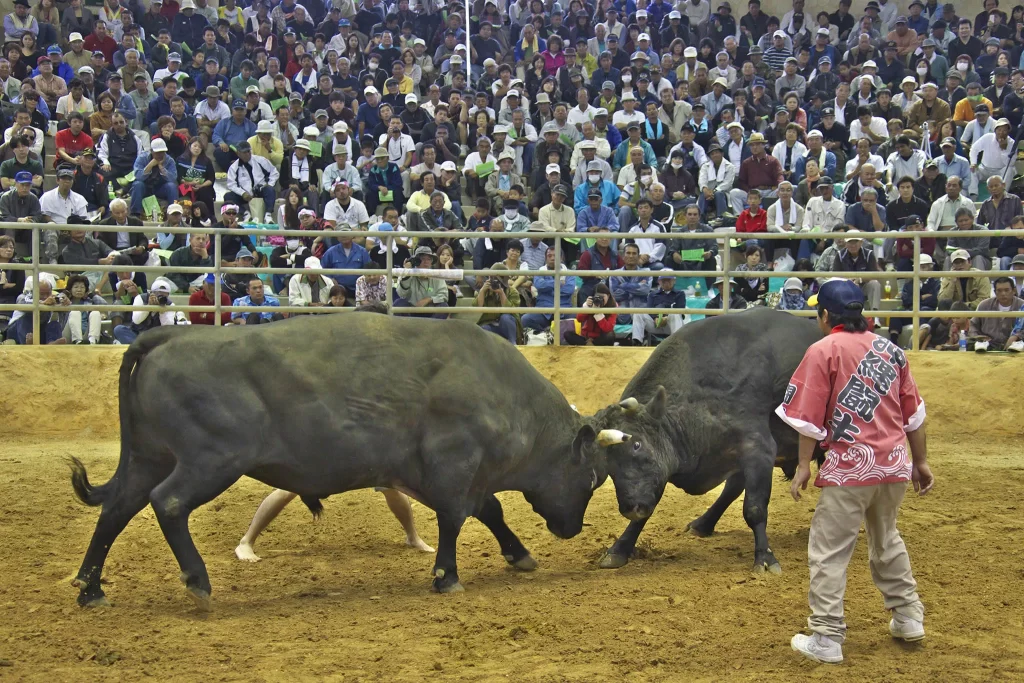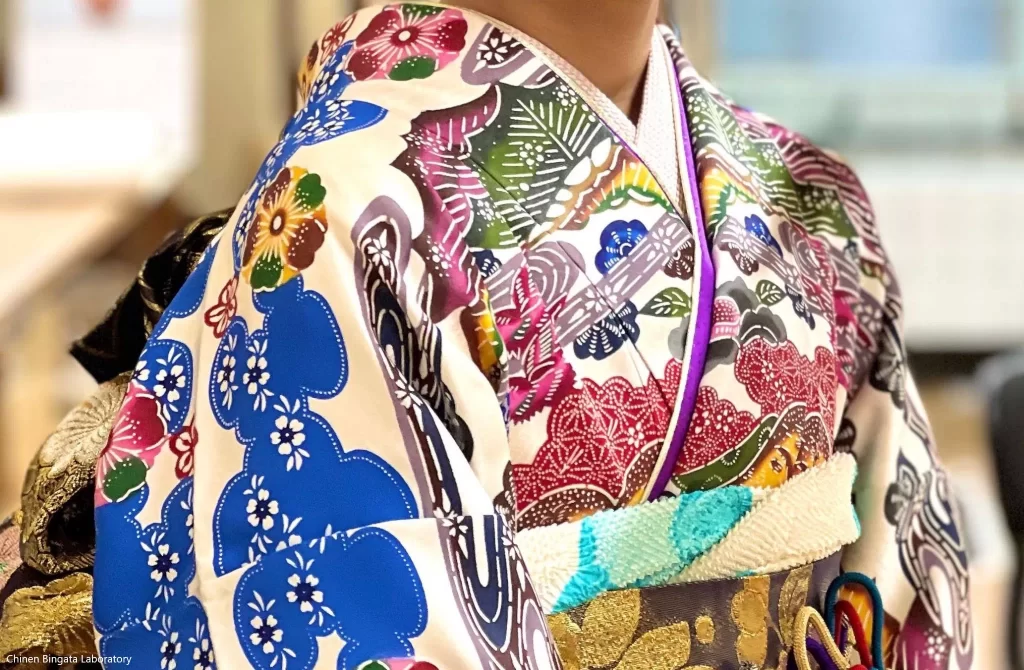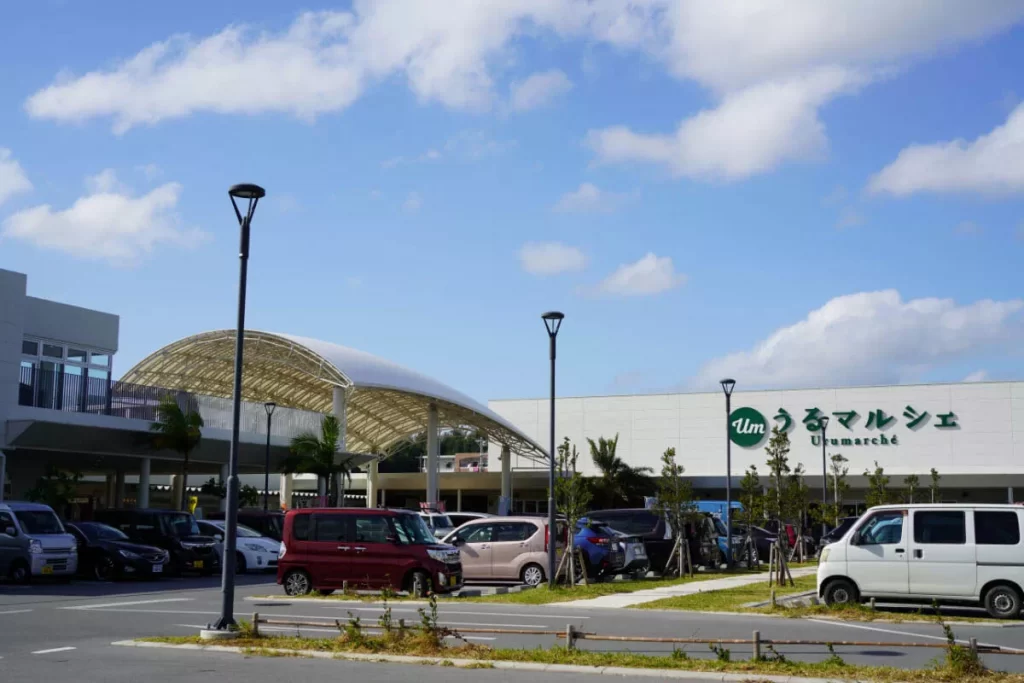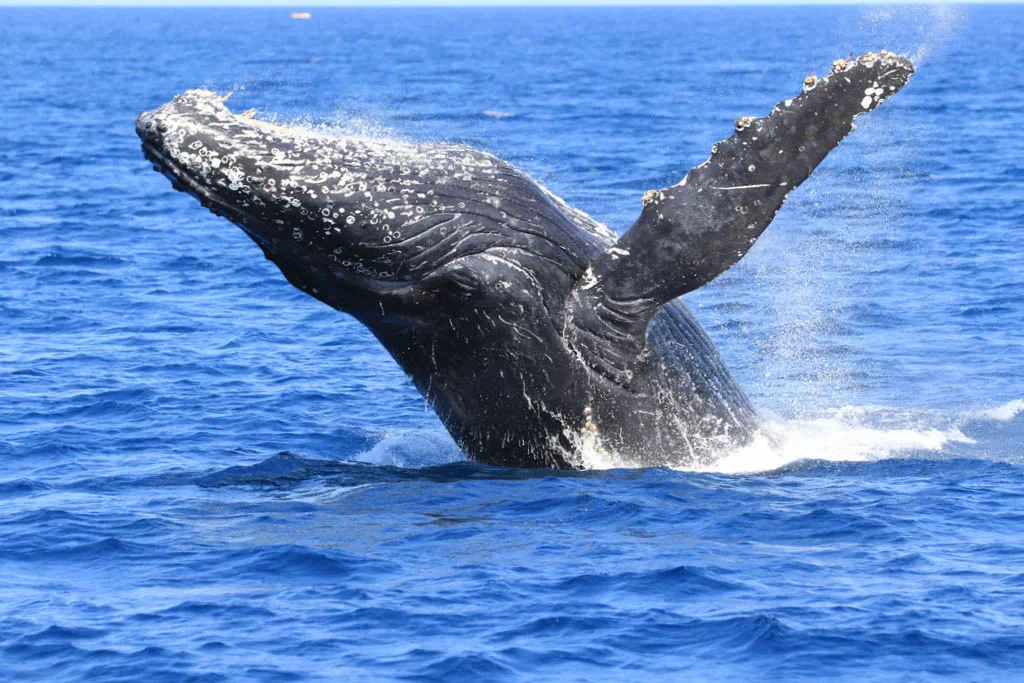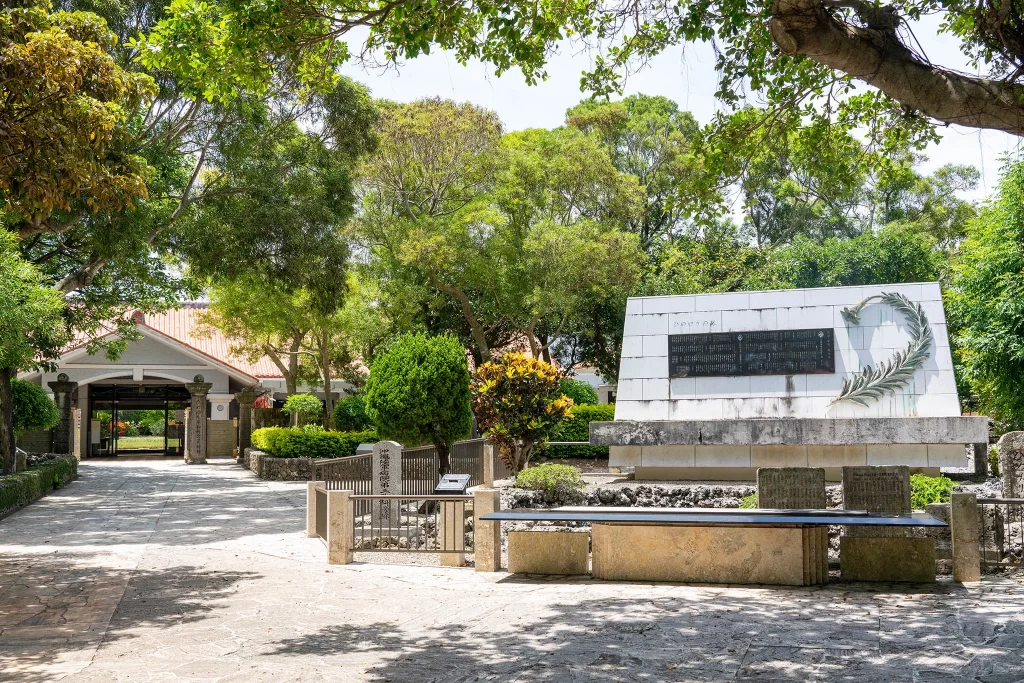Manners & Customs
Everything you need to know to enjoy Okinawa to the fullest, from visiting sacred sites to tipping and taking off shoes
Enjoying Okinawa should be stress-free and easy. Browse these simple pointers to plan for your trip and have the very best Okinawa experience. For other useful information, see the FAQ page. Commonly asked questions include things like where to exchange money, tax-free shopping, and how to get around.
Out & About
- Trash needs to be separated into cans, bottles, burnable garbage, and non-burnable garbage. If there are no trash cans immediately available, carry your garbage with you to dispose of it responsibly.
- Dispose of chewing gum in trash cans and refrain from spitting or disposing of cigarette butts in the street.
- Refrain from talking too loudly on public transportation and in public places.
- Smoking is prohibited in many places including on some shopping streets in Naha such as Kokusai Street and Okiei Street. Please only smoke in designated smoking areas as not doing so may result in a fine.
- Bring a change of clothes with you to the beach or pool. Okinawans generally avoid going shirtless or wandering around in swimwear away from the beach or pool.
- Note that you may be asked to take off your shoes and change into indoor slippers when entering a shop, restaurant, or other building.
- When visiting a sacred site such as Sefa Utaki, a national park, or similar area, please adhere to the rules and regulations at the site, stick to designated trails, and refrain from entering areas that are off-limits to the public.
- When swimming or snorkeling, be careful around coral and avoid standing on or damaging the reefs.
Eating & Drinking
- Tipping is not customary in Okinawa. Saying thank you, or “arigato” in Japanese, is enough to convey your gratitude and will be well-received by your server.
- Some restaurants and accommodations offer buffet dining. Enjoy a varied selection of foods and dishes, but try to avoid wasting food and refrain from taking food and drinks out of the restaurant or dining room. Note that some places may charge for food that is left uneaten.
- Okinawa has a delicious array of fresh fruits and seafood. Enjoy these local delicacies, leaving fruit peelings, fish bones, or any other food waste on your plate. Please refrain from disposing of anything on the floor.
- Restaurants and bars do not typically allow food and drinks purchased off of the premises to be brought in and consumed. Tables, including terrace seating areas, are reserved for customers ordering food and drinks from the menu.
- Most restaurants serve water and provide small towels (oshibori) for cleaning your hands. They are free of charge and you can request more, but please refrain from taking either out of the restaurant with you.
- Many izakaya restaurants have table charges and serve a small dish upon being seated. This is a house appetizer, and is customary. A small fee is added to the bill as a table charge, and the house appetizer is included in this fee. Check when entering izakaya and other dining establishments about table charges.
Toilets in Japan
- Most businesses have toilets for customer use, and there are public toilets at popular sightseeing destinations and at some beaches. Most toilets are seated toilets, but some may be squat toilets. Whichever you use, please use it properly, and with care and consideration for the next person.
- When using a seated toilet, please sit on the toilet with the toilet lid at your back.
- When using a squat toilet, straddle the toilet and face the flushing lever. Your back will be towards the cubicle door.
- Toilet paper is provided and can be flushed. If taking a boat tour, you may be asked to dispose of paper in a waste basket, but for most toilets on land, flush the paper unless otherwise instructed.
- To flush the toilet, look for the flushing mechanism which may take the form of a lever, a standalone button, or a small button on an electronic operating panel. Always flush before leaving the toilet.
- Refrain from throwing chewing gum, cigarette butts, or anything other than toilet paper in the toilet.
- More useful information on manners, customs, rules, recommendations, inclement weather, and emergencies is available from the links below.
- OKINAWA Travel Brochures: DISCOVER OKINAWA – OKINAWA HANDBOOK
- OKINAWA Travel Brochures: Safety Guide for Visitors to Okinawa
- OKINAWA Travel Brochures: Restrictions on carry-on baggage
- OKINAWA Travel Brochures: Simple Communication Sheet for Disasters
- OKINAWA Travel Brochures: Typhoon Preparedness Manual

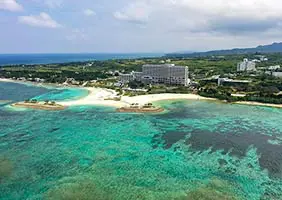

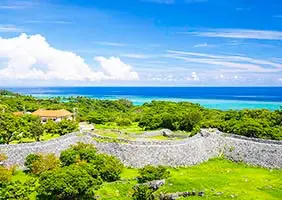

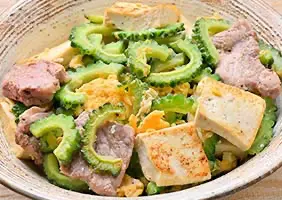




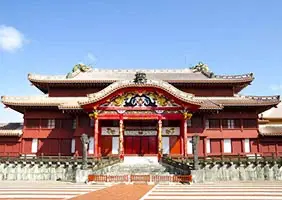










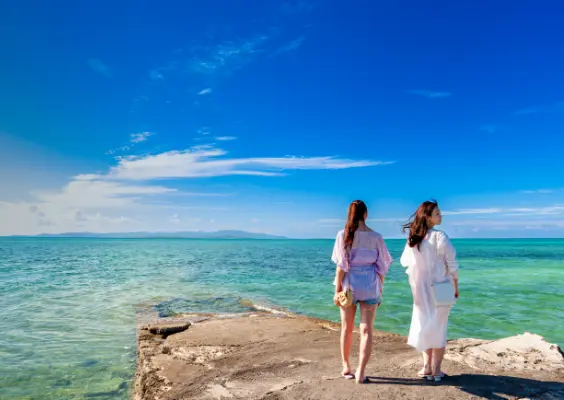
 Facebook
Facebook Twitter
Twitter Copy URL
Copy URL


